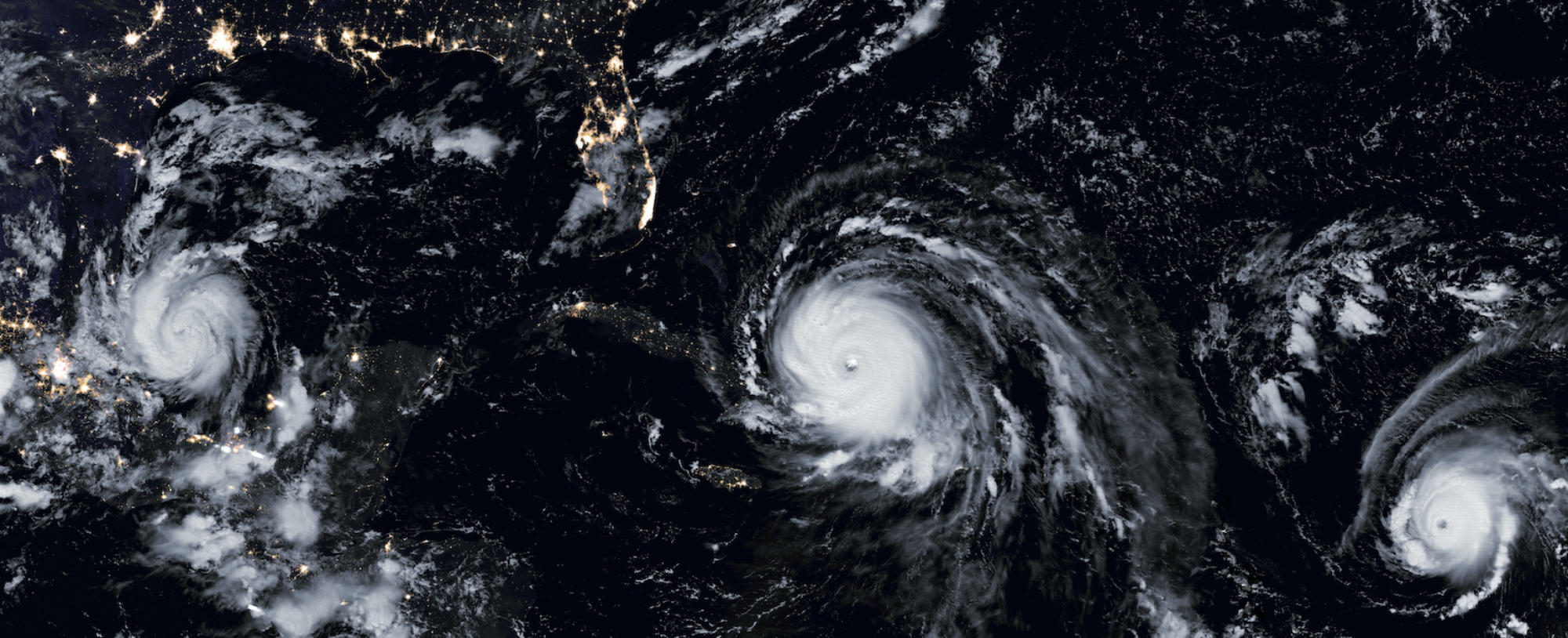Code of Ethics
For the NSF AI Institute for Research on Trustworthy AI in Weather, Climate, and Coastal Oceanography (AI2ES)
- Integrity: Members of the AI2ES Center leadership and research teams will act with honesty and integrity in the interest of the advancement of science, take full responsibility for the trustworthiness of their research and its dissemination, and treat others with courtesy, equity, and fairness. Members shall not commit scientific misconduct, defined as fabrication, falsification, or plagiarism. Scientific error or incorrect interpretation of research data that may occur as part of the scientific process does not constitute scientific misconduct.
-
Publications and Research:
-
Members will employ research methods to the best of their understanding and ability, base conclusions on critical analysis of the evidence, and report findings and interpretations fully, accurately, and objectively, including characterization of uncertainties.
-
Members shall be fair, impartial, objective, and prompt peer reviewers, maintaining confidentiality when requested.
-
Members will respect the AI2ES intellectual property agreement.
-
Members will share data and findings openly and promptly. Members will maintain clear, accurate records of research in ways that will allow verification and replication of their work by others. Members will follow best practices for data management, accessibility, and preservation.
-
Members will promptly correct the literature when errors in their own work are detected.
-
Members will take responsibility for the integrity of their contributions to all publications, funding applications, reports, and other representations of their research. Author credit should be given to those who have made meaningful contributions to publications and members will acknowledge the names and roles of those who made significant contributions (such as ideas and scientific discussion) to the research.
-
Members will act or intercede where possible to prevent scientific misconduct and to report as necessary to AI2ES and any relevant professional societies.
-
-
Stewardship of the Earth:
-
Members have an ethical obligation to weigh the societal benefits of their research against the costs and risks to human and animal welfare, heritage sites, or other potential impacts on the environment and society. Members need to be aware of legal requirements in this area.
-
Members also have an ethical obligation to limit their own contributions to climate change. This will include actions such as limiting their own carbon footprint by choosing carefully when to travel, etc.
-
-
Public Communication:
-
Members, when representing AI2ES, will limit professional comments to their areas of scholarly expertise when engaged in public discussions about the application and importance of research findings and will clearly distinguish professional comments from their opinions based on personal views.
-
Members have an ethical obligation to responsibly, accurately, and clearly inform the public about natural resources, hazards, and other geoscience phenomena of importance to the well-being of Earth and society.
-
Members have an ethical obligation to foster public awareness and understanding of AI, computing, related technologies, and their consequences.
-
-
When creating AI systems, members will:
-
Ensure that the public good is the central concern during all professional computing work
-
Give comprehensive and thorough evaluations of AI2ES AI algorithms and their impacts, including analysis of possible risks.
-
Recognize and take special care of AI systems that become integrated into the infrastructure of society.
-
-
Members will create AI systems that will:
-
Avoid harm
-
Protect the Earth and its environment including human and animal welfare.
-
Contribute to society and to human well-being, acknowledging that all people are stakeholders in computing.
-
Be fair and take action not to discriminate.
-
Respect privacy.
-
Honor confidentiality.
-
Avoid creating or reinforcing bias.
-
Uphold high standards of scientific excellence.
-
-
Conflict of Interest: Members shall disclose all relevant relationships, financial or otherwise, that might be perceived to unduly influence the outcome of their research.
-
Violations of the code of ethics should be reported to either someone on the senior leadership team or the chair(s) of the EAB. Any reports will be kept confidential and addressed carefully and confidentially. If a member is violating the code of conduct or ethics, the senior leadership team will determine what sanctions need to be imposed. This can include requiring DEI training or even banning them from AI2ES for serious offenses. Serious offenses may be reported to the individual’s institution for further action.
The AI2ES code of ethics was derived from the codes of ethics from the American Meteorological Society, the American Geophysical Union, and the American Association of Artificial Intelligence .
